
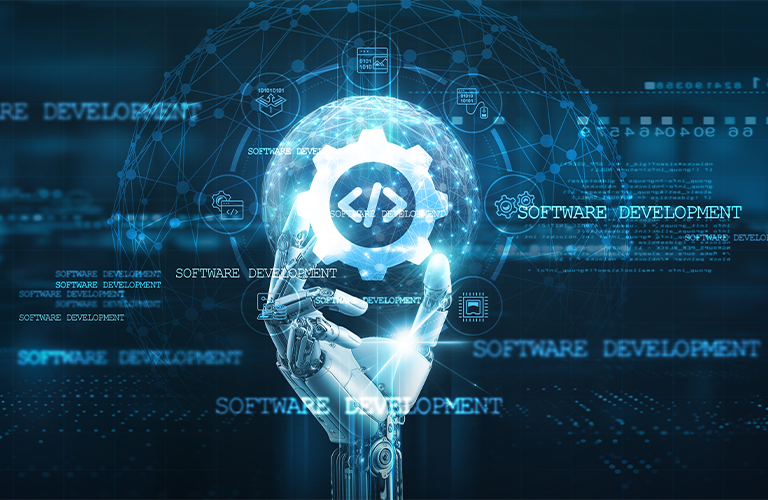
Full Stack Platform Engineering Training to Empower Your Teams
The Full Stack Platform Engineering Training Program from StackRoute is designed to equip your teams with the expertise to manage and optimize modern platform infrastructures. This outcome-driven program focuses on cultivating platform engineering skills that enhance platform software engineers and developers' productivity, streamline operations, and effectively address complex DevOps challenges.

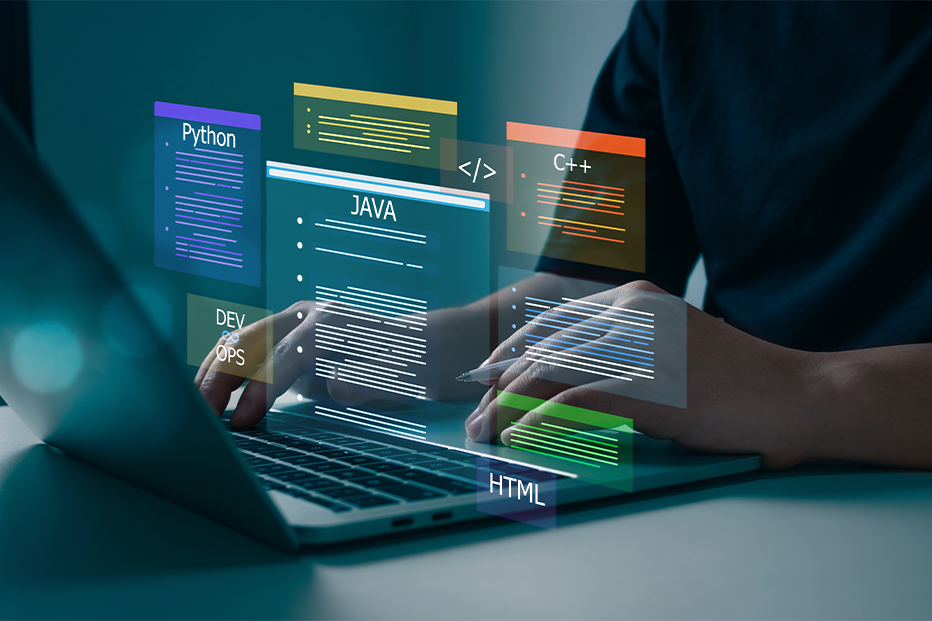
Key Features and Benefits:
By integrating key elements from our computer programming boot camp , participants will develop a comprehensive understanding of platform engineering and its practical application in modern software development, enabling your organization to optimize platform efficiency. Through this training, your teams will:
 Develop a deep understanding of platform engineering and its role in supporting DevOps practices.
Develop a deep understanding of platform engineering and its role in supporting DevOps practices. Build, manage, and optimize full-stack platforms to enhance developer efficiency.
Build, manage, and optimize full-stack platforms to enhance developer efficiency. Implement tools and techniques to accelerate infrastructure delivery and reduce operational overheads.
Implement tools and techniques to accelerate infrastructure delivery and reduce operational overheads. Gain proficiency in cutting-edge technologies critical to the success of platform engineering.
Gain proficiency in cutting-edge technologies critical to the success of platform engineering.
What Participants Will Learn:
Participants will acquire the platform engineering skills necessary to design and maintain scalable, resilient platforms that meet the evolving demands of modern software development environments.
Get Started

Who is this program for?
The Full Stack Platform Engineering Program is designed for:

Platform engineers, software developers, and system administrators looking to deepen their expertise in platform engineering.

IT professionals and DevOps teams who wish to enhance their platform engineer skills in managing cloud-native platforms and optimizing DevOps pipelines.

Engineering leaders seeking to implement platform engineering practices to drive efficiency and streamline development processes.
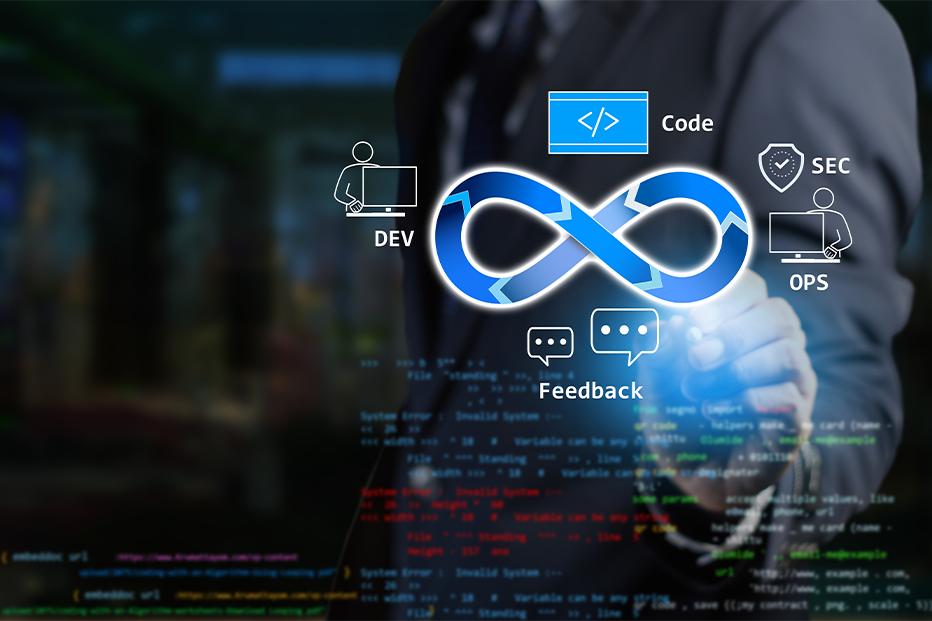
Program Format
This outcome-based program is available in two flexible formats tailored to the learning needs of professionals:
 In-person mode: A 14-week immersive, onsite training experience.
In-person mode: A 14-week immersive, onsite training experience. Remote mode: A 19-week online program featuring live mentorship, hands-on assignments, and collaborative projects.
Remote mode: A 19-week online program featuring live mentorship, hands-on assignments, and collaborative projects.
Participants will engage in practical, real-world scenarios through structured sessions, daily standups, and mentor-led reviews, ensuring they can directly apply platform engineering concepts in their work.

Solve DevOps Challenges and Streamline Developer Productivity with Platform Engineering
TIn today’s fast-paced digital environment, platform engineering is essential for overcoming DevOps challenges and improving developer productivity. This program will teach your team how to design and implement robust platform solutions that simplify infrastructure management, automate workflows, and enable faster software delivery. Key outcomes include:
 Managing complex cloud-native architectures effectively.
Managing complex cloud-native architectures effectively. Optimizing platform operations to ensure consistent infrastructure delivery.
Optimizing platform operations to ensure consistent infrastructure delivery. Automating critical workflows and streamlining development processes to enhance productivity.
Automating critical workflows and streamlining development processes to enhance productivity. Platform engineers play a pivotal role in improving overall business efficiency by addressing these challenges.
Platform engineers play a pivotal role in improving overall business efficiency by addressing these challenges.

Topics Covered in our Full Stack Platform Engineering Training
The Full Stack Platform Engineering Training Programcovers a wide range of essential topics to ensure participants develop a strong foundation in platform engineering:
 Platform Architectures: Designing scalable, resilient platforms tailored to specific business needs.
Platform Architectures: Designing scalable, resilient platforms tailored to specific business needs. Cloud-Native Technologies: Mastering containerization, orchestration, and serverless computing fundamentals.
Cloud-Native Technologies: Mastering containerization, orchestration, and serverless computing fundamentals. Site Reliability Engineering (SRE): Ensuring system reliability through automation, monitoring, and efficient incident response.
Site Reliability Engineering (SRE): Ensuring system reliability through automation, monitoring, and efficient incident response. Infrastructure as Code (IaC): Implementing automated infrastructure management using Terraform and Ansible.
Infrastructure as Code (IaC): Implementing automated infrastructure management using Terraform and Ansible. Monitoring and Logging: Establishing effective monitoring systems using Prometheus, Grafana, and the ELK stack.
Monitoring and Logging: Establishing effective monitoring systems using Prometheus, Grafana, and the ELK stack. Automation and CI/CD Pipelines: Building and automating CI/CD pipelines with Jenkins, GitLab CI, and Docker to streamline development and deployment.
Automation and CI/CD Pipelines: Building and automating CI/CD pipelines with Jenkins, GitLab CI, and Docker to streamline development and deployment.
Tools Covered
Participants will gain hands-on experience with industry-leading tools critical to success as a full-stack quality engineer. The tools covered in the program include:
Who Needs Platform Engineering Skills?
Platform engineering is a vital skill set for organizations aiming to enhance their infrastructure and operational efficiency. The Full Stack Platform Engineering Training is particularly suited for:
- Platform Engineers are responsible for building and maintaining scalable platform architectures.
- DevOps Teams focused on automating infrastructure and improving developer productivity.
- Cloud Engineers seeking to optimize cloud deployments and streamline operational workflows.
- IT Leaders looking to integrate robust platform engineering practices to support business agility and operational scalability.
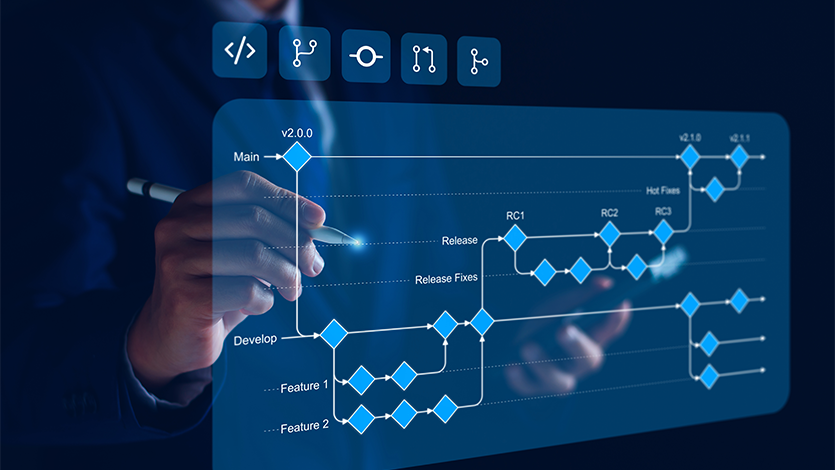

Learning Outcomes of StackRoute's Platform Engineering Training
Upon completing this outcome-driven program, participants will be equipped with advanced platform engineer skills necessary to meet the demands of modern infrastructure management. Key learning outcomes include:
 Expertise in designing, deploying, and managing scalable platform architectures.
Expertise in designing, deploying, and managing scalable platform architectures. Proficiency in using cutting-edge platform engineering tools to automate and streamline workflows.
Proficiency in using cutting-edge platform engineering tools to automate and streamline workflows. The ability to solve complex DevOps challenges and accelerate developer productivity.
The ability to solve complex DevOps challenges and accelerate developer productivity. Mastery in maintaining resilient platforms that scale and adapt to evolving business needs.
Mastery in maintaining resilient platforms that scale and adapt to evolving business needs.

Client Testimonials
StackRoute’s programs have helped organizations optimize infrastructure management and operational efficiency. Here’s what our clients say:
"StackRoute’s Platform Engineering Program gave our teams the tools and knowledge to improve platform operations and streamline developer workflows. The outcome-based training has delivered measurable benefits for our organization."
Anu Thomas, Sony India.

"StackRoute’s platform engineering training has equipped our teams with the skills to manage complex cloud-native platforms and automate critical workflows. The hands-on training approach has been invaluable in meeting the challenges of modern infrastructure management."
George Mattackal, President, CGI.

Trusted By The Best In The Business
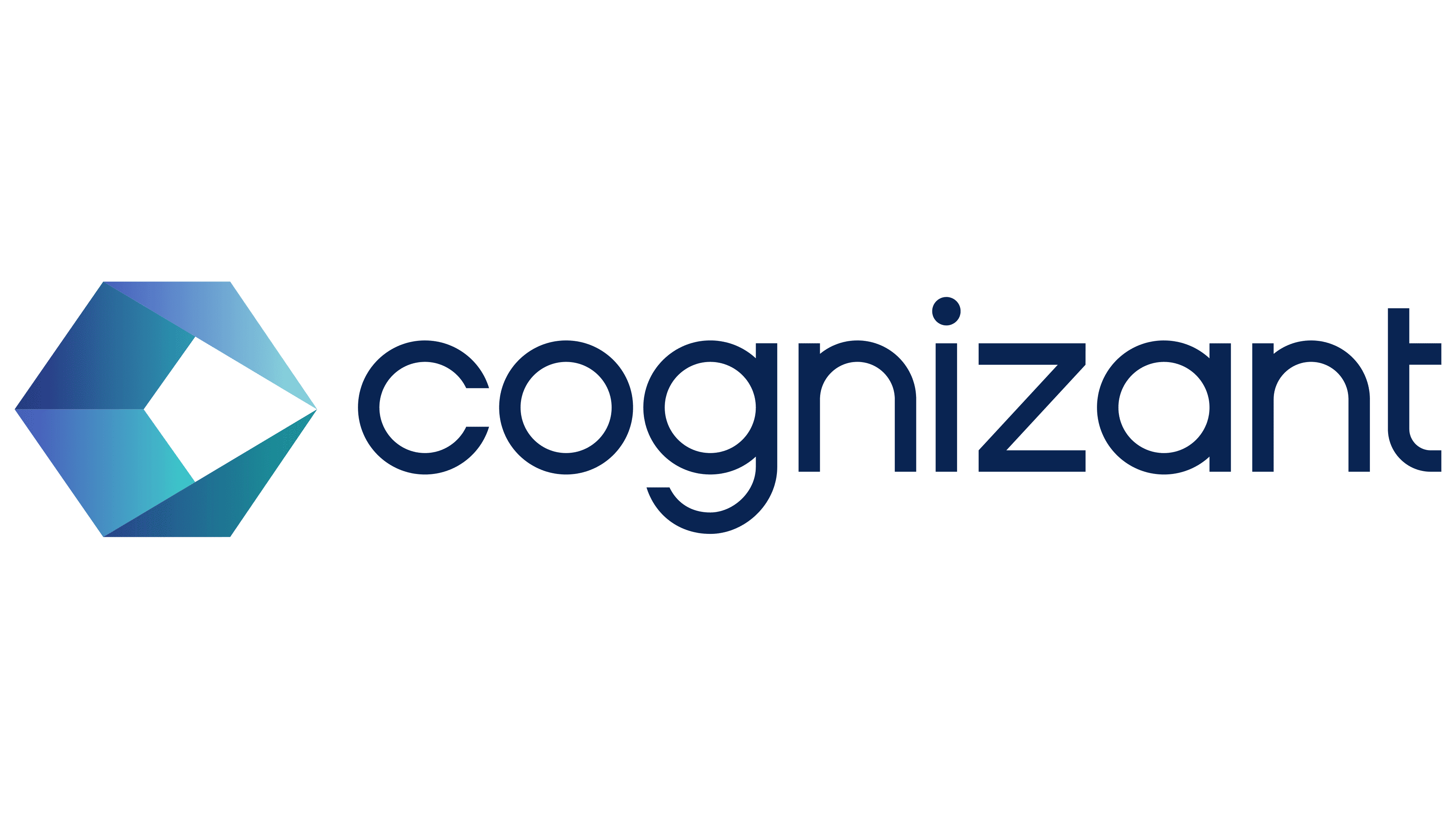






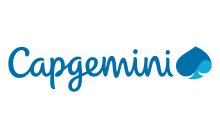



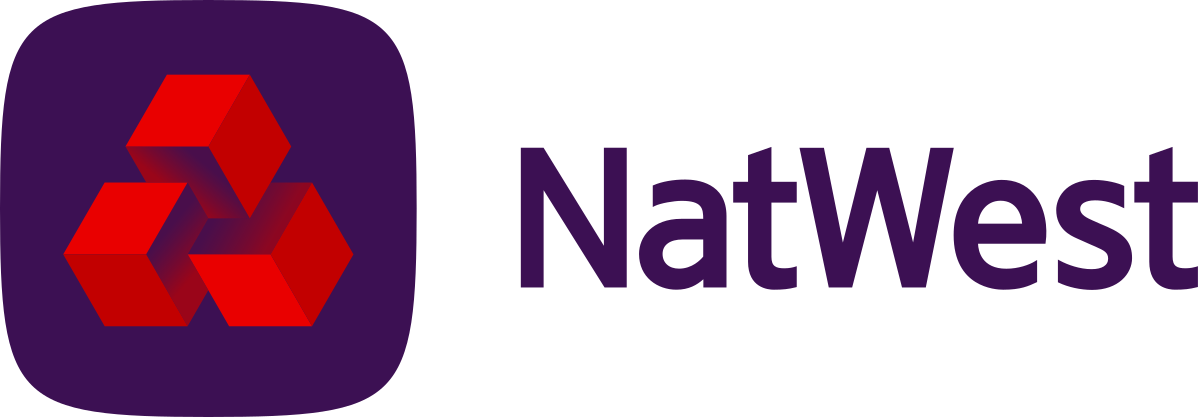
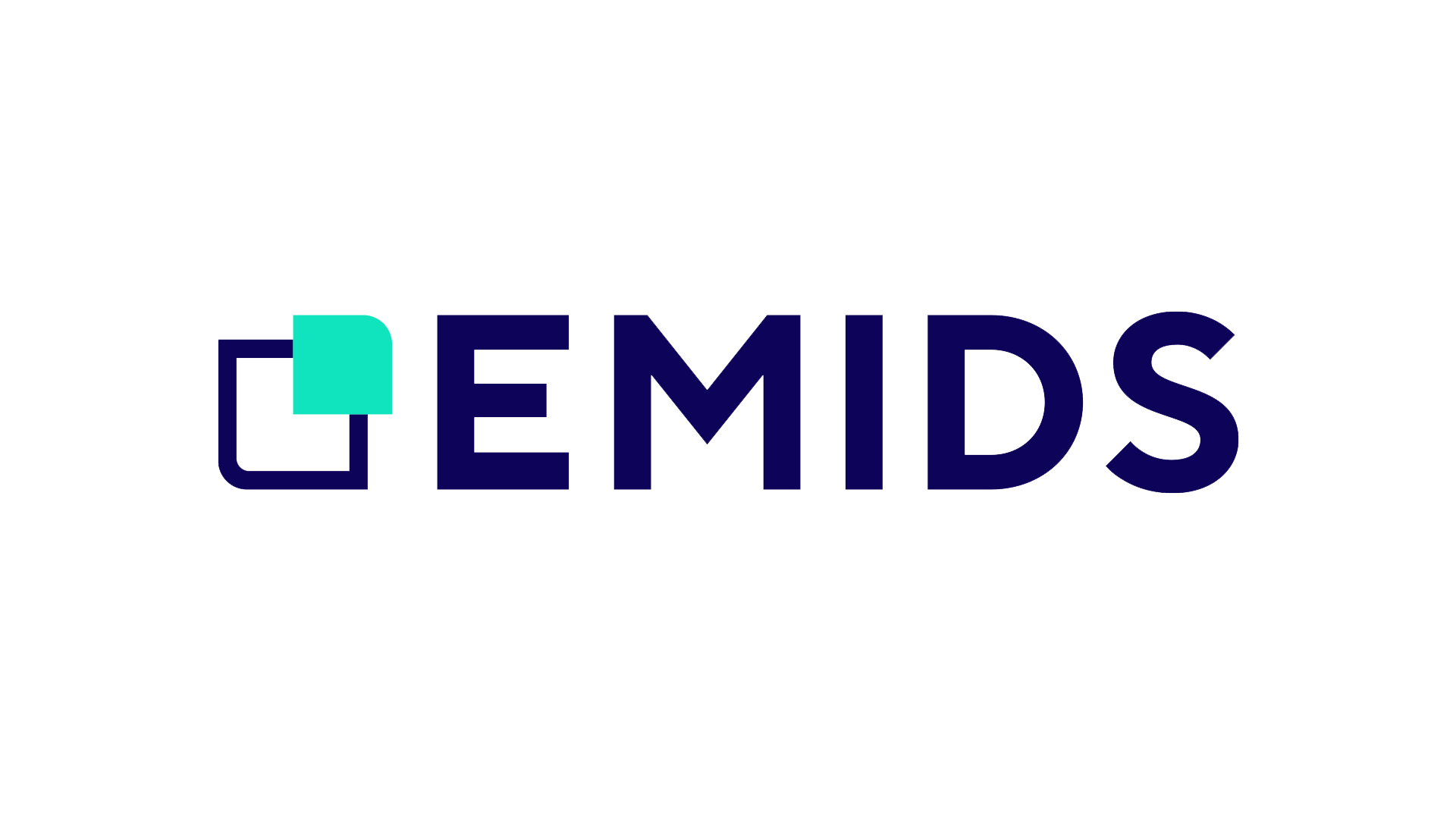
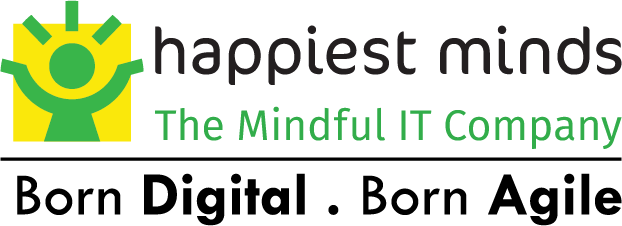


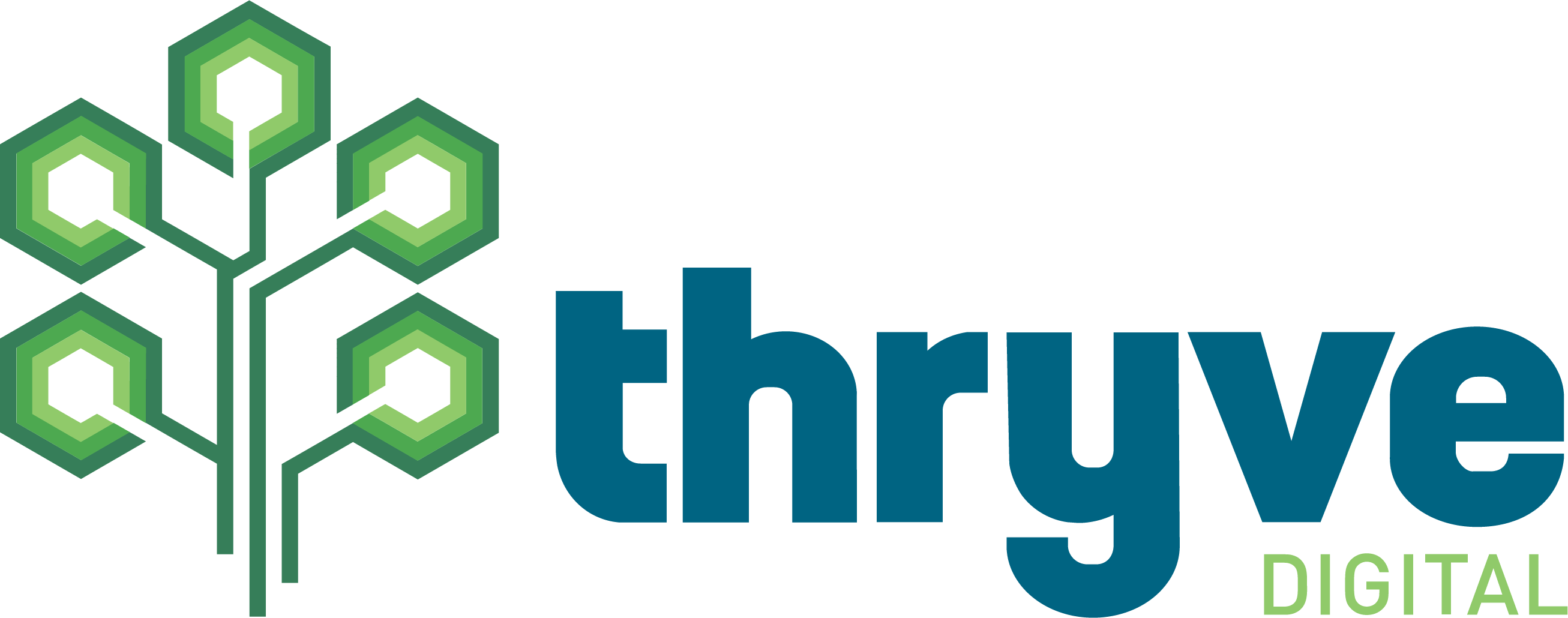



Frequently Asked Questions!
1. What technologies and tools will my team gain proficiency in through Platform Engineering training?


2. How will Platform Engineering training benefit my organization?


3. How does Platform Engineering training prepare the team to handle scaling challenges?


4. Is Platform Engineering training suitable for teams working with cloud-native technologies?


Reach out to us!
Got a question about our programs? Interested in partnering with us? Got suggestions or just want to say hi? Contact us below:
StackRoute, an NIIT Venture NIIT Ltd Plot No.1660 & 1661, Millers the Autograph, 3rd Floor, Sector-2, 27th Main, Above VLCC, HSR Layout, Bangalore - 560102 Get Directions →


